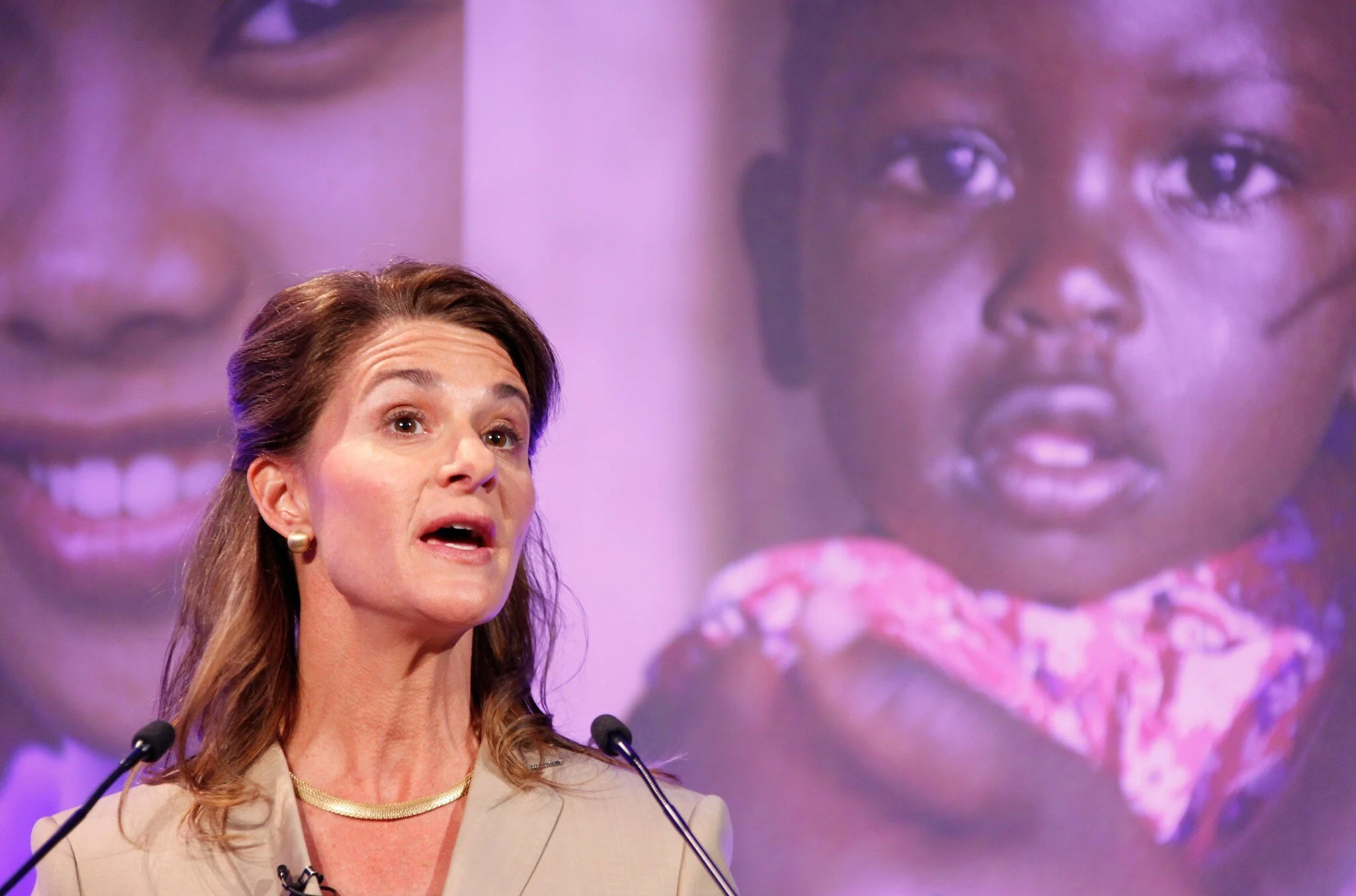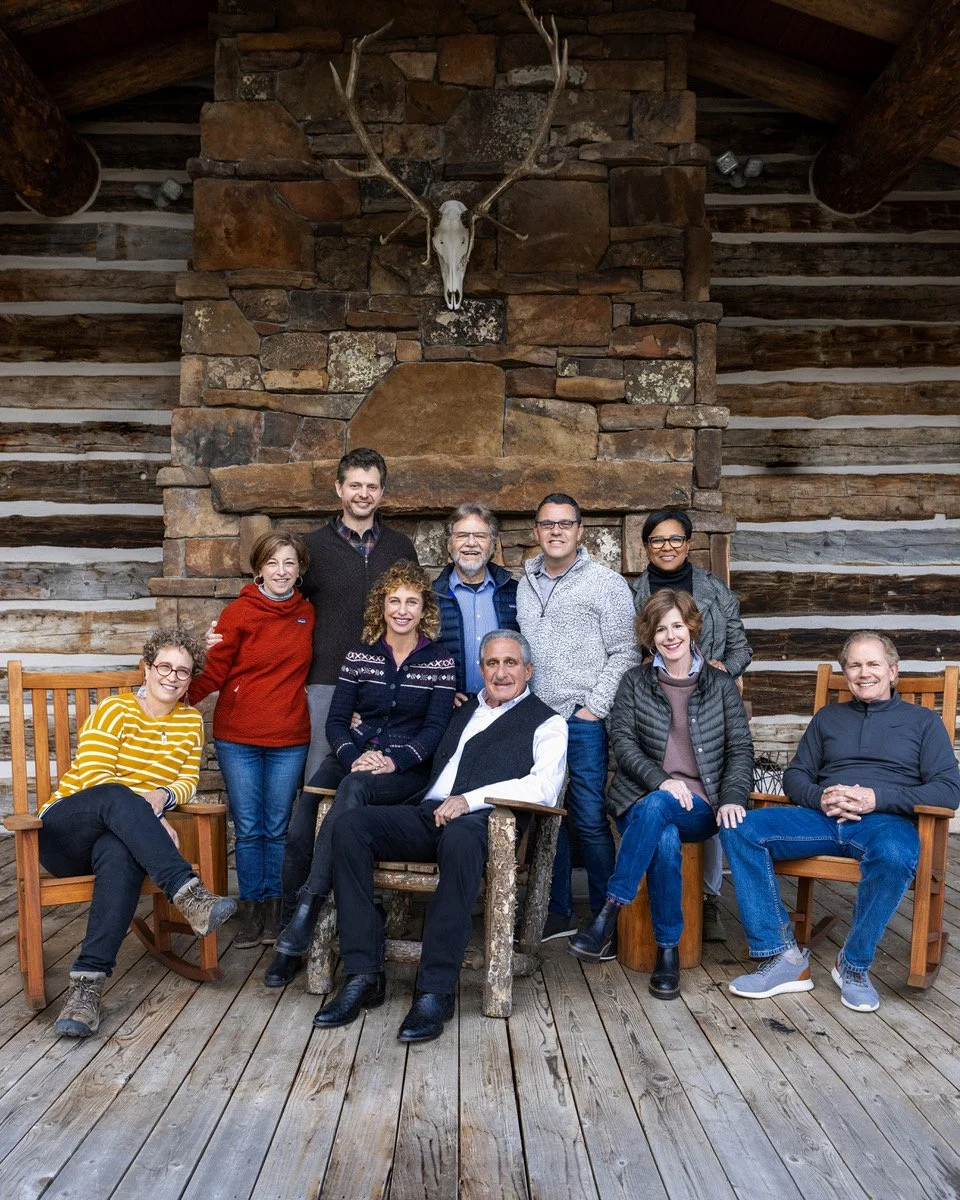
While foundations have long backed work to protect and expand voting rights, these priorities were often overshadowed in recent decades by more prominent social justice concerns. But that’s been changing lately amid a drumbeat of alarming reports about voter suppression, gerrymandering and election interference, foreign and domestic. Ensuring access to the franchise and the fairness of election systems—which set the stage for just about everything else funders want to accomplish—has jumped higher on philanthropy’s agenda.
One key player in the growing action is the State Infrastructure Fund (SIF), a collaborative fund at NEO Philanthropy that finances voting rights litigation and grassroots voter engagement. The name reflects the strategy. In a progressive analogue to the right’s pivot to the states after Obama’s victory in 2008, SIF emerged as the Democrats received a shellacking in Congress and state capitals in 2010. SIF’s long campaign to combat voter suppression and ensure pathways to the ballot box for “historically underrepresented groups” bore some fruit in last year’s elections, which brought 30 million more voters to the polls than the 2014 midterms.
According to Lisa Versaci, SIF’s director, the 2018 elections were “an affirmation of this work, not just in terms of the number of people who voted, but also in the diversity of the people who were elected.”
Ensuring voting rights across numerous states and jurisdictions is a maddening game of whack-a-mole in an era when many Republican officials have embraced voter suppression tactics like ID laws and the purging of registration rolls to depress turnout by groups that tend to vote for Democrats, including nonwhites and young people.
SIF is nonpartisan, but it’s clear the group sees much of its work as a fight between those who’d help more folks to the polls and those who’d hinder them. It’s a grinding, long-term struggle that often plays out far from the spotlight in disputes over the laws and regulatory rules that govern elections.
“Election protection happens all year around,” SIF Senior Program Officer Tanya Clay House said. “People need to understand what kind of problems to look for. But every year, something new comes up. [2018’s] turnout was encouraging because it shows that people are energized despite suppression.”
One of the primary ways SIF funds election protection is by supporting a collaborative of 12 public interest law organizations with strong civil rights bona fides. Versaci and House refer to the group as the “post-Shelby litigation collaborative,” referencing the 2013 Supreme Court decision that gutted Voting Rights Act requirements obliging certain states and jurisdictions—with histories of discrimination—to clear changes to their voting practices with the Department of Justice. Following Shelby County v. Holder, House said, “these states can move polling places around arbitrarily.”
The collaborative includes big names like the ACLU and the NAACP Legal Defense and Educational Fund, as well as other legal defense groups for particular demographic cohorts, including the Asian American Legal Defense and Education Fund, Asian Americans Advancing Justice, Latino Justice/PRLDEF, the Advancement Project, the Mexican American Legal Defense and Educational Fund, and the Native American Rights Fund. Rounding out the list are the Brennan Center for Justice, Demos, the Lawyers’ Committee for Civil Rights Under Law, and the Southern Coalition for Social Justice.
SIF also funds members of the Election Protection coalition, a group of over 100 partner organizations, many working at the state and local levels, that provide resources and assistance to voters. In addition to grants, usually in the form of general operating support, SIF provides resources for funder coordination, working with groups like the Funders’ Committee for Civic Participation (FCCP). “There can be a lot of overlap and duplication,” Versaci told me. “The only way this work is done well is if funders find ways to work together.”
Wanted: an engaged electorate
Since its inception, SIF has raised close to $60 million, and its members include a number of major foundations—Ford, Kresge, Carnegie, JPB, and OSF are all involved—as well as smaller funders such as the Bauman, Grove, Irving Harris, and Mertz Gilmore foundations. It also includes the Kendeda Fund, Unbound Philanthropy, the Wellspring Philanthropic Fund, the Wallace Global Fund, the Bernard and Anne Spitzer Charitable Trust, and several anonymous supporters.
These funders come to democracy issues with a wide range of motivations. Some, like Ford, have been funding work in this space for decades. Others, like Unbound Philanthropy, which focuses on immigration, bring a strong issue-centric lens to voting rights. “What they have in common is that they realize in order to advance their agenda, they need an engaged electorate,” Versaci said.
Given that all these grantmakers come to democracy funding “with their own internal strategies,” Versaci said, the challenge is to find places of overlap and to avoid duplicated effort. One of the reasons grantseekers and funders alike turn to SIF, she said, is the fund’s flexibility and its ability to provide rapid response funding when barriers to the franchise appear.
SIF’s position as a collaborative fund at NEO Philanthropy does a lot to facilitate that. An advantage of funding intermediaries like NEO is their capacity to serve as liaisons between donors and field organizations, dulling the funder-grantee power differential and bringing financial, legal and movement expertise to the table. (Read our in-depth look at NEO Philanthropy.)
Looking ahead
Following the 2018 elections, which SIF evaluates positively despite entrenched challenges to voting rights in many states, Versaci wants to double down on 2018’s promising turnout and diversity trends. The plan for 2019 and 2020 involves focusing on three regions: the South, the Southwest and the Rust Belt. Some states in those regions, like Nevada and Michigan, are mostly virgin territory for democracy funding. Alabama, Louisiana and Mississippi, on the other hand, play host to protracted, litigious conflicts over the vote. SIF funds in the Deep South already, but Versaci sees opportunity for rapid expansion. “Our expertise has always been in helping these state networks grow,” she said.
Because elections are infused with partisanship, many funders steer clear of this terrain. But a fair and inclusive electoral system is also a public good that’s vital to the proper functioning of government and a pluralistic democracy. In ensuring the integrity of this system, it’s hard to understate the vital importance of funding that, to some, uncomfortably tiptoes the political line.
It’s worth mentioning that SIF also supports Census 2020, with many of the same groups addressing voter engagement working on getting out the count and protecting it from political sabotage. “We consider work on the Census as part of our voting rights work. That includes education messaging around the citizenship question,” House said. As we’ve seen, groups like the Democracy Funders Collaborative and FCCP’s Funders Census Initiative have been organizing funders around the issue, and SIF is a related hub.
Like voter engagement, the Census—as a dataset and a means of assigning representation—reflects the power of civic participation to set the groundwork for almost all the work funders care about. Making sure that power is channeled with integrity deserves philanthropy’s attention.
Related:






















.jpg)







